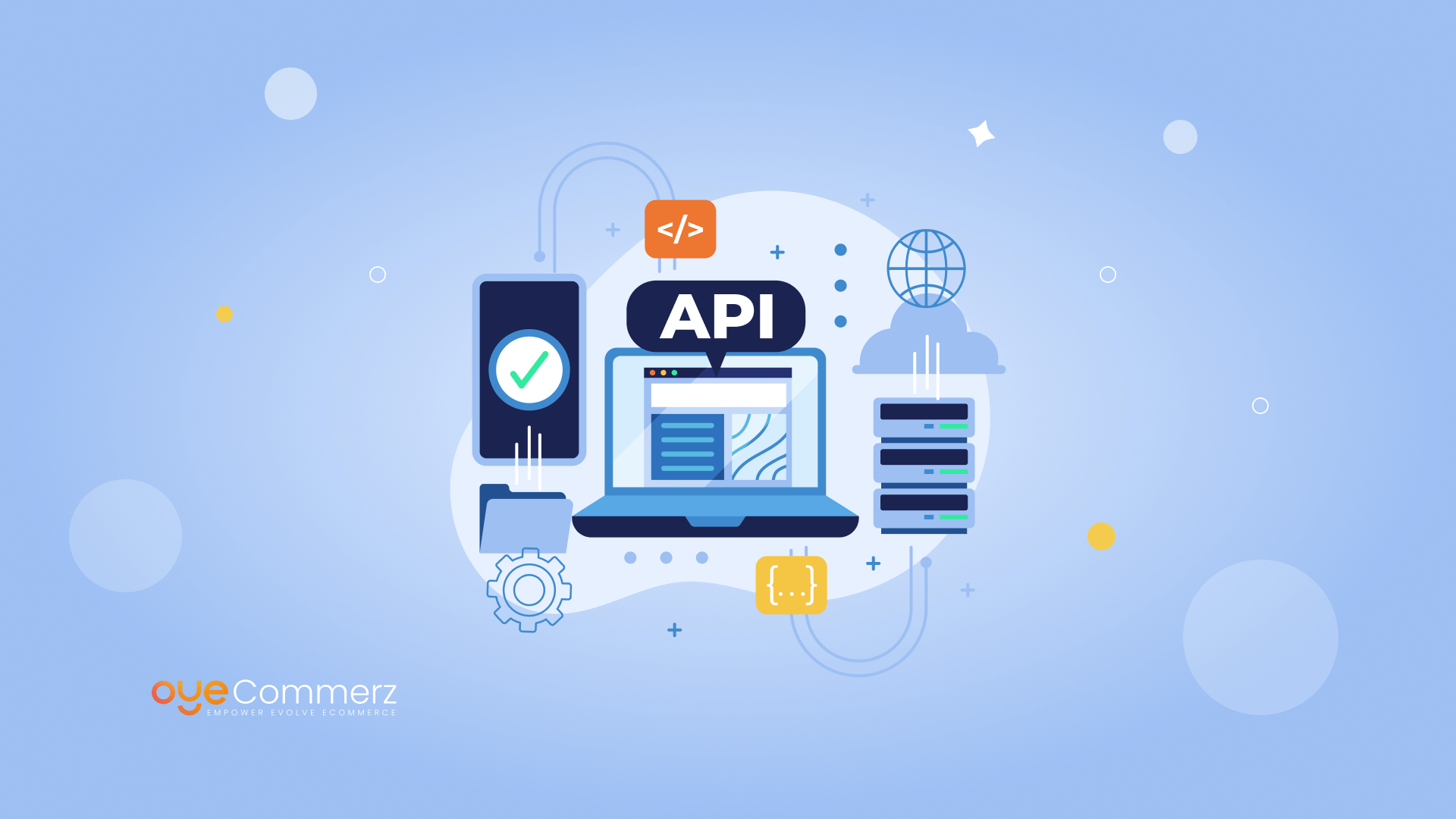Overview
In today’s competitive e-commerce landscape, standing out is essential, and one of the best ways to set apart a Shopify store is through tailored app development. A robust Shopify app can boost store capabilities, simplify processes, and boost customer interaction. This guide delves into key elements of Shopify app development, covering API integration and app ecosystem to growth techniques and digital marketing approaches, providing a roadmap for businesses looking for unmatched store performance.
The Importance of Shopify API Integration
Shopify’s API offers robust tools to customize and expand store capabilities. With the GraphQL and REST API options, developers can access data to create apps that manage inventory management, order handling, and customer data management smoothly. Integrating Shopify’s API can lead to better workflow automation and allows stores to serve customers more effectively.
Utilizing the Polaris Design System
Shopify’s Polaris is Shopify's design system for creating intuitive and easy-to-use Shopify apps. By following Polaris guidelines, developers guarantee that apps seamlessly integrate within the Shopify Admin experience. This provides a cohesive look and feel that appeals to Shopify merchants, encouraging ease of use and comfort for merchants using your custom app.
Navigating the Shopify App Ecosystem
The Shopify app ecosystem offers endless possibilities for improving online stores. From managing fulfillment processes to increasing customer interaction, apps in this ecosystem are designed to meet various business needs. Familiarizing with this system assists developers in identifying unique app opportunities and enables seamless integration of external tools that enhance the store.
Developing Embedded Shopify Apps
Embedded apps integrate directly within the Shopify Admin, allowing a seamless experience for merchants. They allow merchants do not need to leave their Shopify control panel, simplifying their process. Using Shopify App Bridge and embedded app features is recommended for offering a cohesive, well-integrated user experience.
Leveraging Node.js and React for Shopify Development
The technologies Node.js and React have emerged as ideal tools for Shopify app development. Node.js enables high-performance back-end services, while React enables dynamic, responsive front-end user interfaces. Combined, they provide an strong framework for creating speedy, growth-ready Shopify apps that enhance store performance and customer interaction.
Utilizing Webhooks in Shopify Development
Webhooks enable instant data synchronization between Shopify and an outside application. They trigger events such as Build engaging Shopify experiences new orders or stock changes and send instant notifications to your app. By utilizing webhooks, apps can deliver real-time information to store owners, simplifying processes and boosting efficiency.
Customer Engagement and Digital Marketing for Shopify Apps
To ensure Shopify app success, engaging customers is crucial. Using digital marketing strategies like SEO, email marketing, and social outreach can drive app adoption. Additionally, creating applications with customer engagement in mind (e.g., loyalty programs or personalized recommendations) increases user loyalty and loyalty.
Scaling Your Shopify App
As e-commerce businesses grow, so do their technological needs. Making sure that your app can manage higher usage, larger data sets, and more advanced functionalities is essential. By improving server capacity and implementing scalable solutions, you can create apps that expand in parallel to a store’s success.
Essential Features and Maintenance for Shopify Apps
For an app to be effective, it should include key capabilities like user login, analytics dashboard, and customer support options. Ongoing app upkeep, including updates to fix bugs and ensuring compatibility with new Shopify features, is vital to maintain continuous operation and avoid interruptions to business processes.
Conclusion
Custom Shopify app development holds vast potential for e-commerce businesses, offering the chance to enhance store functionality, streamline processes, and build customer relationships. With API integrations and Node.js to focusing on scalability and customer interaction, creating a Shopify app involves thoughtful preparation and strategic execution. If Shopify data synchronization with webhooks you’re prepared to elevate your e-commerce experience, a tailored Shopify application could be the perfect solution. What features do you envision for your ideal app? Share your ideas and begin the journey to an enhanced e-commerce experience!
